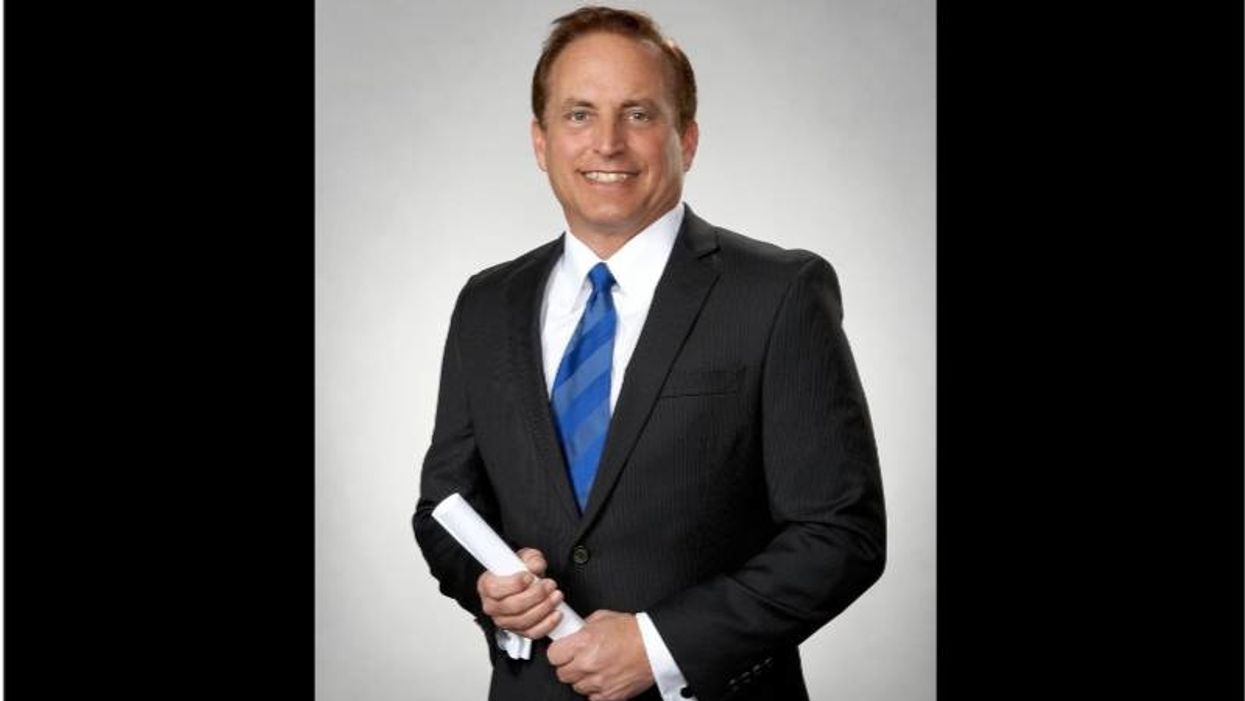Iowa Secretary of State Paul Pate has joined the chorus of Republican officials who claim to have found evidence of voter fraud.
Pate announced late last week that he had referred nine voters to county attorneys for allegedly voting twice in the 2018 election. They are suspected of voting in Iowa after having voted in another state. Another 27 were identified, Pate said in a news release, of voting in Iowa first and then in another state.
The information was discovered through Iowa's involvement in the multi-state Electronic Registration Information Center, which shares data in order to improve the accuracy of voter rolls.
That is the same method Ohio's Republican secretary of state, Frank LaRose, used to identify 10 people who appear to have cast ballots in Ohio and another state in the 2018 election. In mid-December, LaRose announced he was referring the names to the state's attorney general.
He said then that "allowing one voter to cast multiple ballots diminishes the value of the legally cast ballot of each voter."
Iowa's Pate used similar language: "One fraudulent vote is too many. It nullifies a legally cast vote."
LaRose had earlier caused a stir when he said he found 354 people who are not U.S. citizens but were registered in the state. Of those, 77 voted in the midterm, he said.
Voting rights advocates had criticized LaRose for that report, saying what he found may have been simple mistakes, people confused about the system or people who got naturalized later than the records he was looking at.
They cited the debacle that occurred in Texas earlier in 2019, when the acting secretary of state claimed nearly 100,000 non-citizens had been found on the voter rolls. Subsequent checks revealed many of those were incorrectly identified as non-citizens and the controversy that ensued ended Republican David Whitely's chance of winning confirmation as secretary of state.
Claims of voter fraud have recently been a mostly Republican cause, starting with President Donald Trump, who claimed "millions and millions of people" voted illegally in the 2016 election and thereby cost him the popular vote. None of those claims have been verified and the commission Trump established to investigate voter fraud disbanded without issuing a report.
This past fall, Republican incumbent Matt Bevin initially claimed voter fraud when he lost a close gubernatorial race to Democrat Andy Beshear. He later dropped those claims.
Republican Sen. Rick Scott of Florida referred to "rampant voter fraud" in his successful bid to unseat Democrat Sen. Bill Nelson in 2018 but none was found.
Advocates say the constant claims of fraud erode voter confidence in elections. But raising concerns about improper voting is a running theme when Republicans justify removing people from voter registration rolls in the name of keeping them up to date. Federal law does require states to properly maintain voter lists by eliminating people who have moved or died.
GOP voter fraud concerns, which Democrats say are overblown, are also regularly cited when Republicans propose new laws, such as requiring voters to have an ID.
Democrats see these laws as bald attempts to reduce turnout, especially among minorities, who are more likely to vote for Democrats.




















